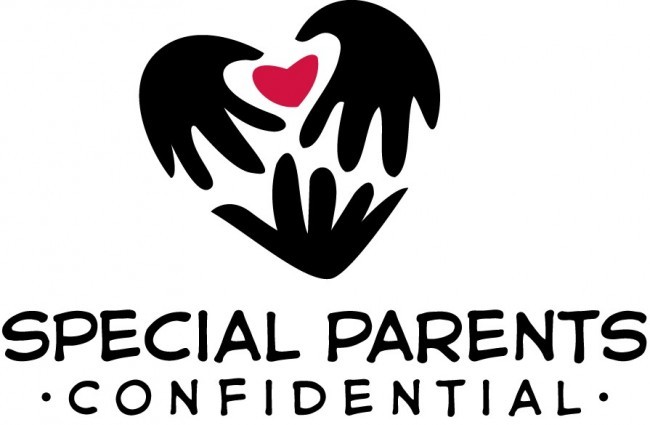Military Families.
This episode of Special Parents Confidential is devoted to Military Families with special needs kids. Parents of children with special needs know first hand how challenging any situation can be from starting school, to getting the kinds of medical and therapeutic help their kids need, to just social life in general. Now add to that situation that every year or two you and your family might get uprooted and moved to another State, or even overseas. That’s the life for military families with a special needs child. Can you still get the same services in your next location that you were able to get for your child where you currently reside? What about Medical needs? Language problems? Education supports? Therapies?
Okinawa, Hawaii, Virginia…
Our guest for this episode, Catherine Lochner, has a lot of experience in this area. Neither she or her husband were actually in the military, but the company her husband works for contracts with the military and they lived on bases with other military families, as part of his career requirements. Their son, Cameron, was diagnosed with a rare brain tumor in 2000, and they have had to do everything from flying across the world to get emergency surgery, to dealing with special education services in the Department of Defense’s Education system, and relocating several times while all this was going on. She now works as a special needs and special education advocate in the Commonwealth of Virginia.
DODEA and Special Education Supports Around The World
Military families have tremendous challenges, even when everything is typical. Having a special needs child in the military is still challenging, but the Department of Defense Education Activity has some excellent supports for those parents. You’ll hear exactly what our military does for families with special needs kids and how things have improved in just the twenty some years since Catherine’s son was born.
Connect With Us On Facebook!
A great way for you to stay in touch with me and communicate your thoughts on these episodes is on the facebook page for Special Parents Confidential. Use the Facebook button on the right side of this website, or the button at the bottom of this text, or use this link. You can also search Special Parents Confidential on Facebook. It’s also a great way to share our podcast with everyone you know.
Links Mentioned In The Podcast
Military OneSource – Go-To site for 24/7 support for Military Personnel.
Special Education Parent Handbook Curriculum – Department of Defense Education Activity
DDESS-DODEA – Department of Defense Education Activity – Americas
National Military Family Association – Resources and supports for Military Families
Also be sure to look up special needs support groups such as Parent Training Centers in your area throughout the United States, as well as your local PTA or PTO.
Podcast: Play in new window | Download
Subscribe: RSS
